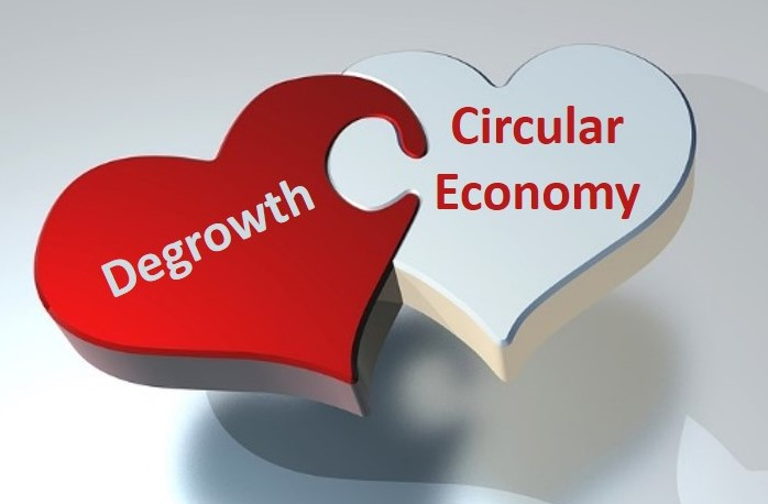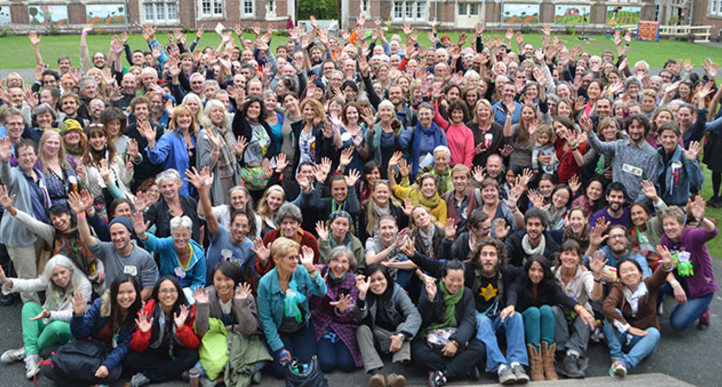But advocates of the circular economy rarely grapple with a central truth: the circular economy depends on a significant and sustained period of economic degrowth. Instead they tend to focus on innovations that deliver efficiencies and unlock new economic opportunities.
But the global data reveal this isn’t enough. According to the ecological footprint, we’re using the resources of 1.6 planets. This is undermining Earth’s systems and the ability of humans (and countless other species) to survive and thrive. To get back within planetary limits, we will need to shrink the global economy by at least 37 percent–and realistically by more if we expect to start healing the decades’ worth of damage our overconsumption has wreaked on the planet.
Degrowth acknowledges this, but circular economy advocates and designers tend to ignore or deny this reality. But shrinking material and energy demand is a prerequisite for a circular economy that functions within Earth’s limits.
There are at least three reasons for this. First, if production levels rise as a result of circular innovations, environmental savings are negated by new production–a phenomenon called the rebound effect. Second, the circular economy’s increased reliance on bio-based materialswould utilize already overtaxed agricultural and ecological capacity. Third, energy is never free. Even renewable energy brings with it significant ecological impacts. Until we right-size the global economy, we’re going to need a prolonged period of degrowth.
…click on the above link to read the rest of the article…












 The notion of economic growth as a regular, ongoing, self-sustained process no longer holds up to critical analysis. Even during what’s been called “The Glorious Thirty” – the years between the end of World War II and the 1974 oil crisis – growth occurred almost solely in industrialized countries and involved a minority of the world population; it was built on the senseless waste and pillaging of limited natural resources, access to cheap fossil fuels, dependency on killer technologies and the creation of global inequalities and imbalances that would prove to be unbearable and unsustainable.
The notion of economic growth as a regular, ongoing, self-sustained process no longer holds up to critical analysis. Even during what’s been called “The Glorious Thirty” – the years between the end of World War II and the 1974 oil crisis – growth occurred almost solely in industrialized countries and involved a minority of the world population; it was built on the senseless waste and pillaging of limited natural resources, access to cheap fossil fuels, dependency on killer technologies and the creation of global inequalities and imbalances that would prove to be unbearable and unsustainable.
